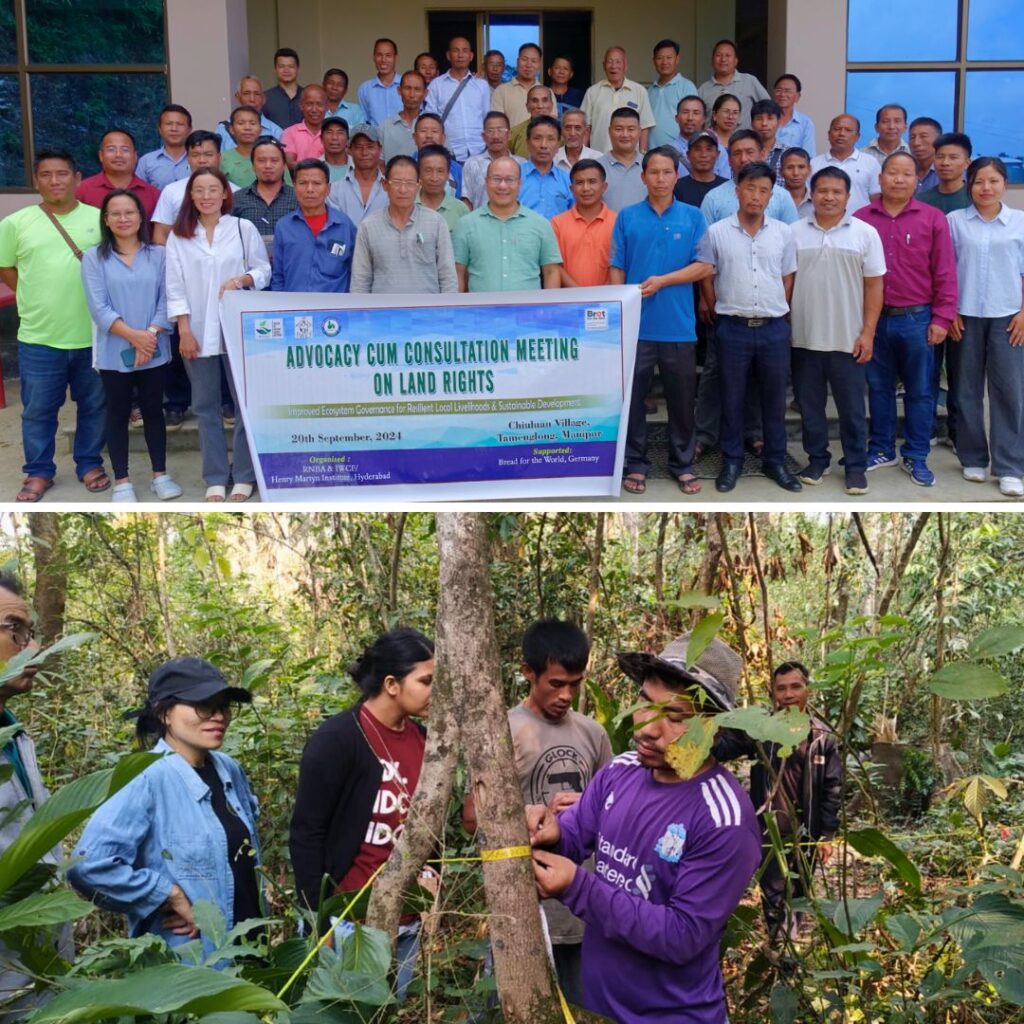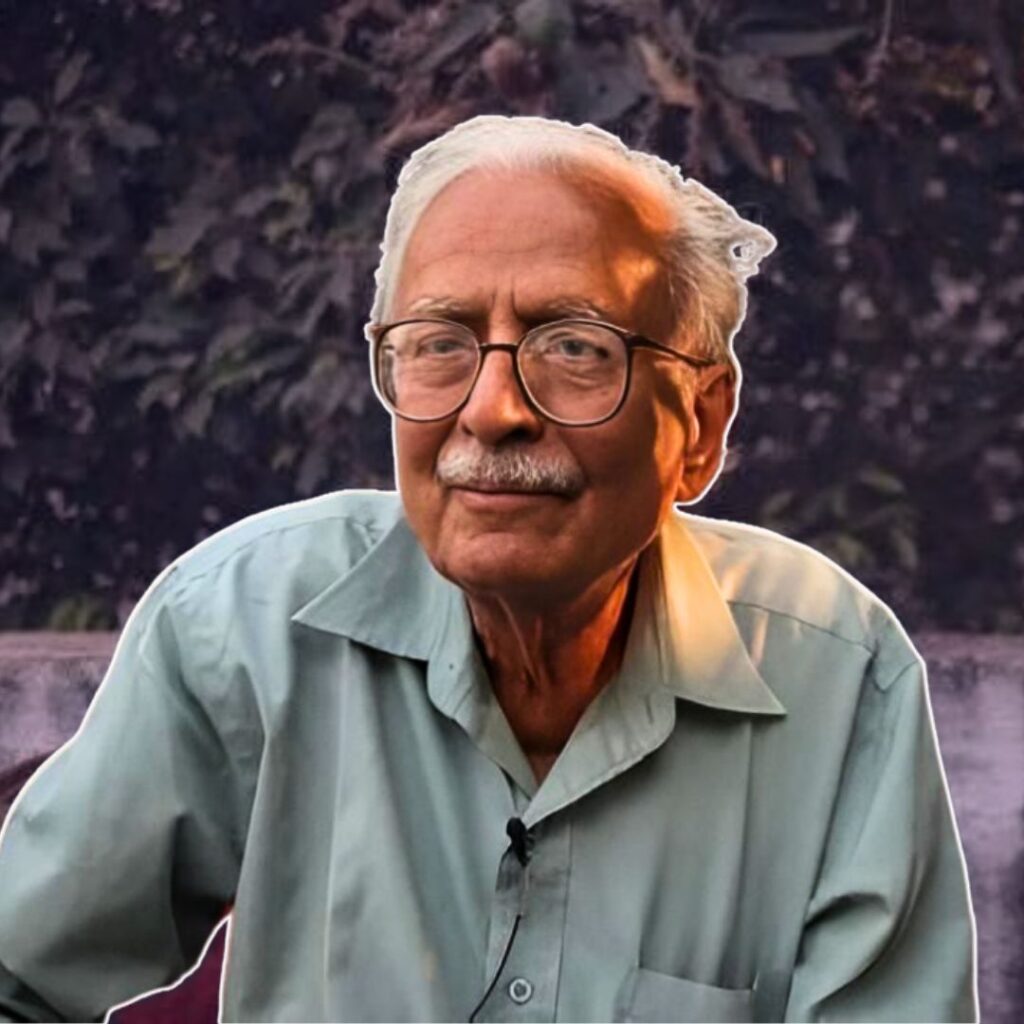The Indian Council Of Medical Research (ICMR) the apex body in India for the formulation, coordination and promotion of biomedical research has stated that since the number of COVID-19 cases in India is rising exponentially, it is important to increase the numbers of tests conducted by laboratories. They have issued a new advisory on the feasibility of using pooled samples for molecular testing of COVID-19.
‘Positivity rate in cases is still low. Hence, it may help to use the pooled samples for screening. A pooled testing algorithm involves the PCR screening of a specimen pool comprising multiple individual patient specimens, followed by individual testing (pool de-convolution) only if a pool screens positive. As all individual samples in a negative pool are regarded as negative, it results in substantial cost savings when a large proportion of pools tests negative,” reads the advisory.
The advisory aims to increase the capacity of the laboratories to screen increased numbers of samples using molecular testing for COVID-19 for the purpose of surveillance.
‘But pooling of sample is not recommended in areas or population with positivity rates of >5% for COVID-19. Preferable number of samples to be pooled is five, though more than two samples can be pooled, but considering higher possibility of missing positive samples with low viral load, it strongly discouraged to pool more than 5 samples, except in research mode,” the apex body stated.
According to the advisory, a feasibility study was conducted at DHR/ICMR Virus Research and Diagnostic Laboratory (VRDL) at King George’s Medical University (KGMU), Lucknow.
‘It has been demonstrated that performing real-time PCR for COVID-19 by pooling 5 samples of TS/NS (200 ul/sample) is feasible when the prevalence rates of infection are low. All individual samples in a negative pool to be regarded as negative. De-convoluted testing is recommended if any of the pool is positive. Pooling of more than 5 samples is not recommended to avoid the effect of dilution leading to false negatives,” the study concluded.
Based on the KGMU study, ICMR has now recommended sample pooling for real-time RT-PCR screening for COVID-19.
Recommendation For Pooling Samples
According to the study, pooled sampling should be used only in areas with low prevalence of COVID-19, although such areas must be carefully monitored for increasing number of positive cases.
In areas with positivity of 2-5%, sample pooling for PCR screening may be considered only in community survey or surveillance among asymptomatic individuals, strictly excluding pooling samples of individuals with known contact with confirmed cases and health care workers (in direct contact with care of COVID-19 patients). Sample from such individuals should be directly tested without pooling.
Pooling of sample is not recommended in areas or population with positivity rates of >5% for COVID-19.
Reportedly, testing of pooled samples has helped Stanford researchers detect early COVID-19 spread in San Francisco, US.
States Which Have Started Pooling Samples
According to a report by Times of India, Uttar Pradesh government has decided to adopt group testing or pooled sample testing, which is being used in Germany and Israel at present to contain the spread of novel coronavirus.
Reportedly, Punjab too has taken this step for testing suspected COVID-19 patients at the Viral Research Diagnostic Lab of the state.
Medical Education and Research Minister Om Prakash Soni stated that the results were promising and no evidence of false detection had been found during tests at the lab. According to him, the pool testing could save costs while enhancing the capacity enormously.
Also Read: COVID-19 Outbreak: Confirmed Cases Cross 12,000 Mark With 37 Deaths Reported In Last 24 Hours











